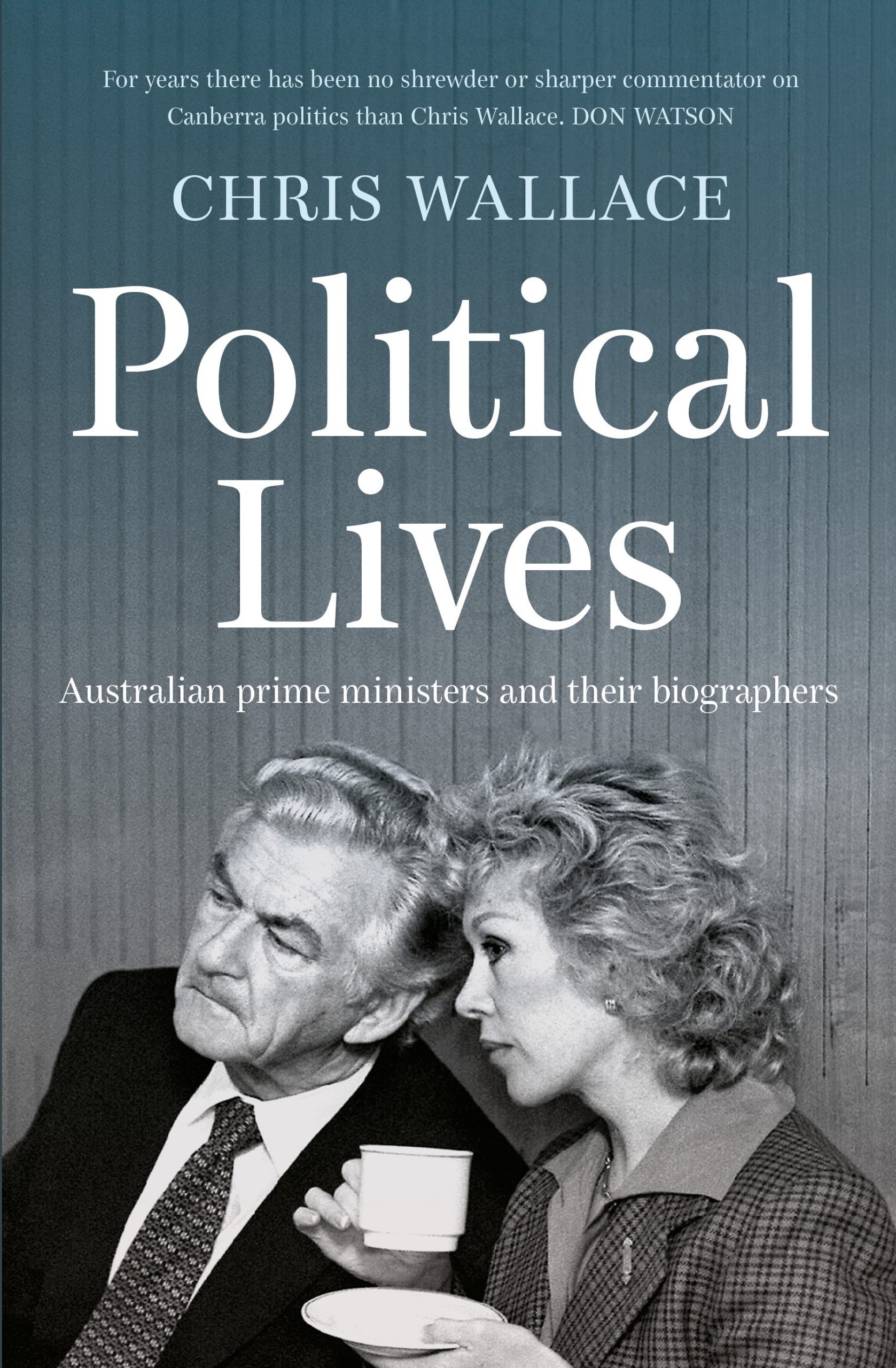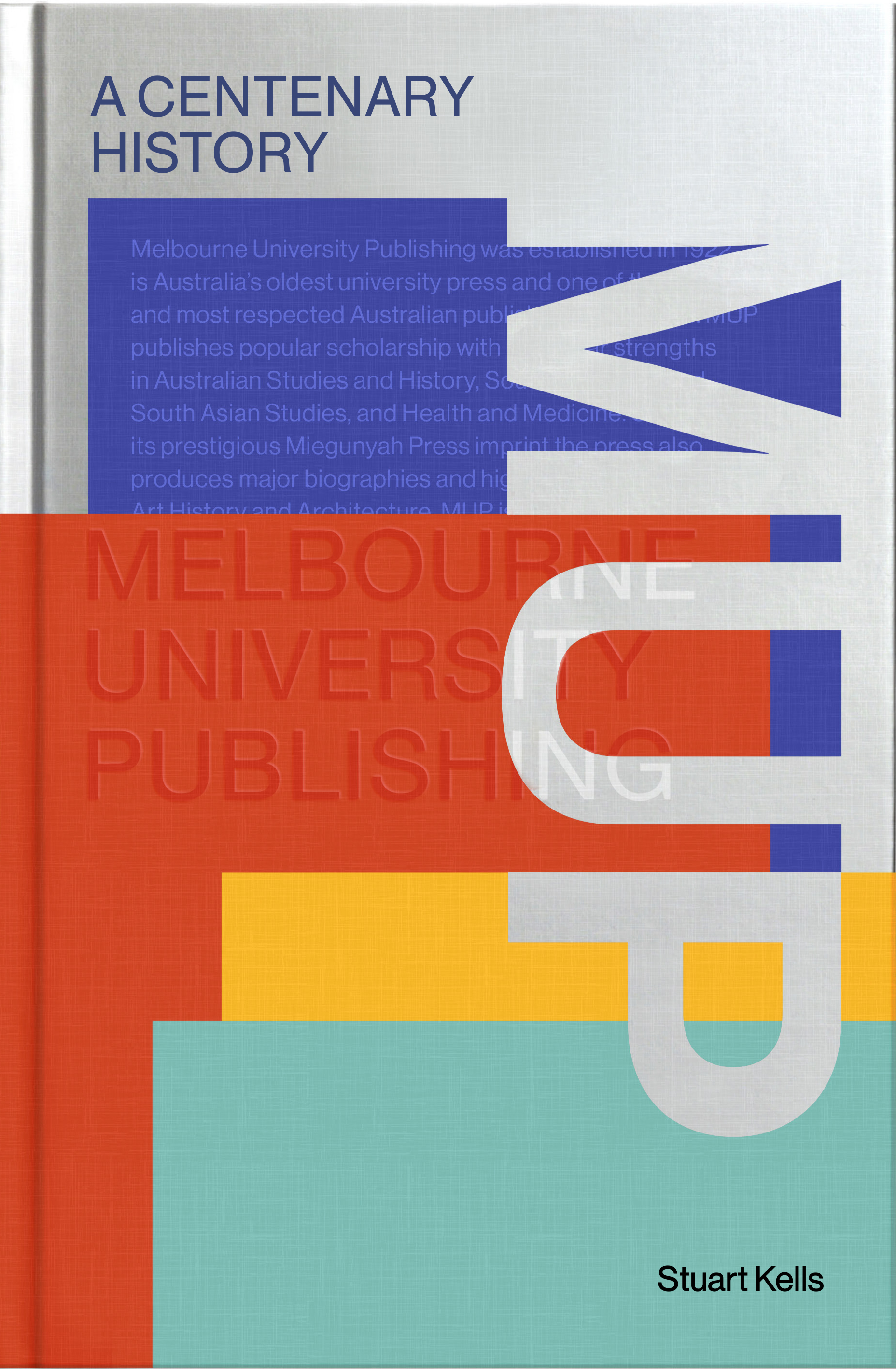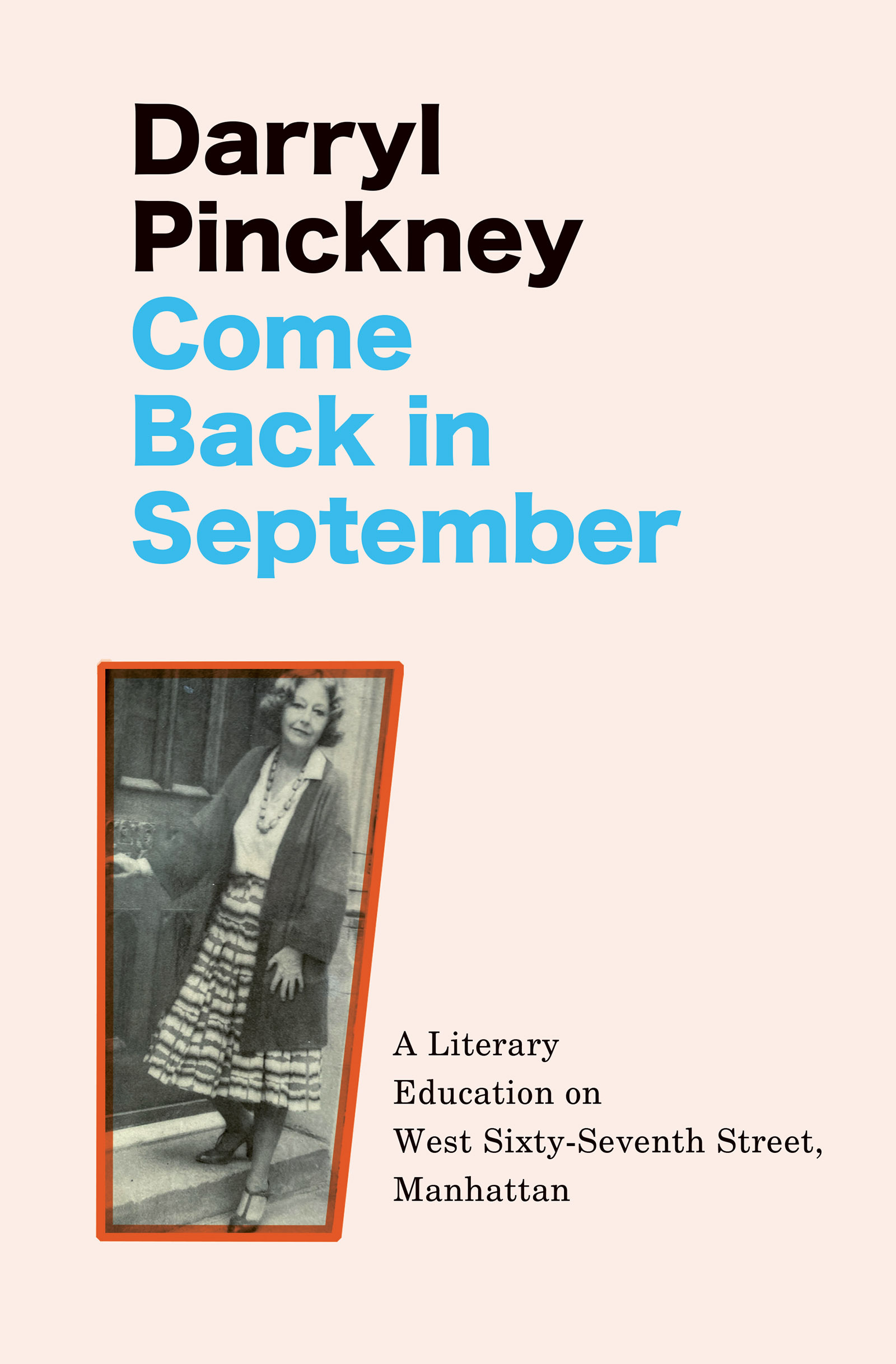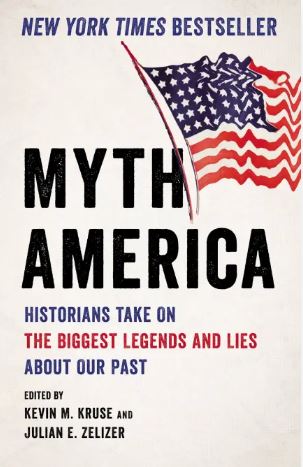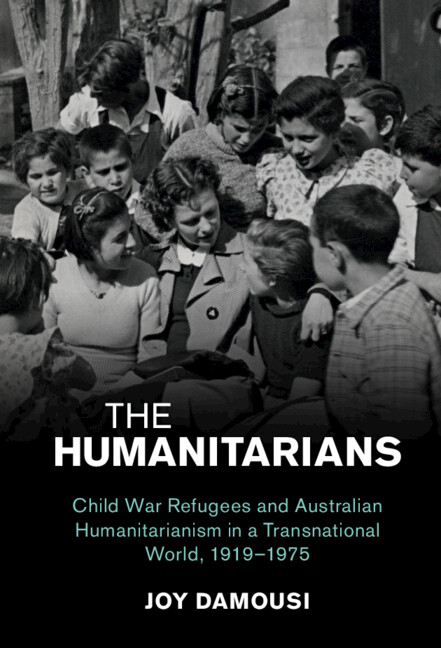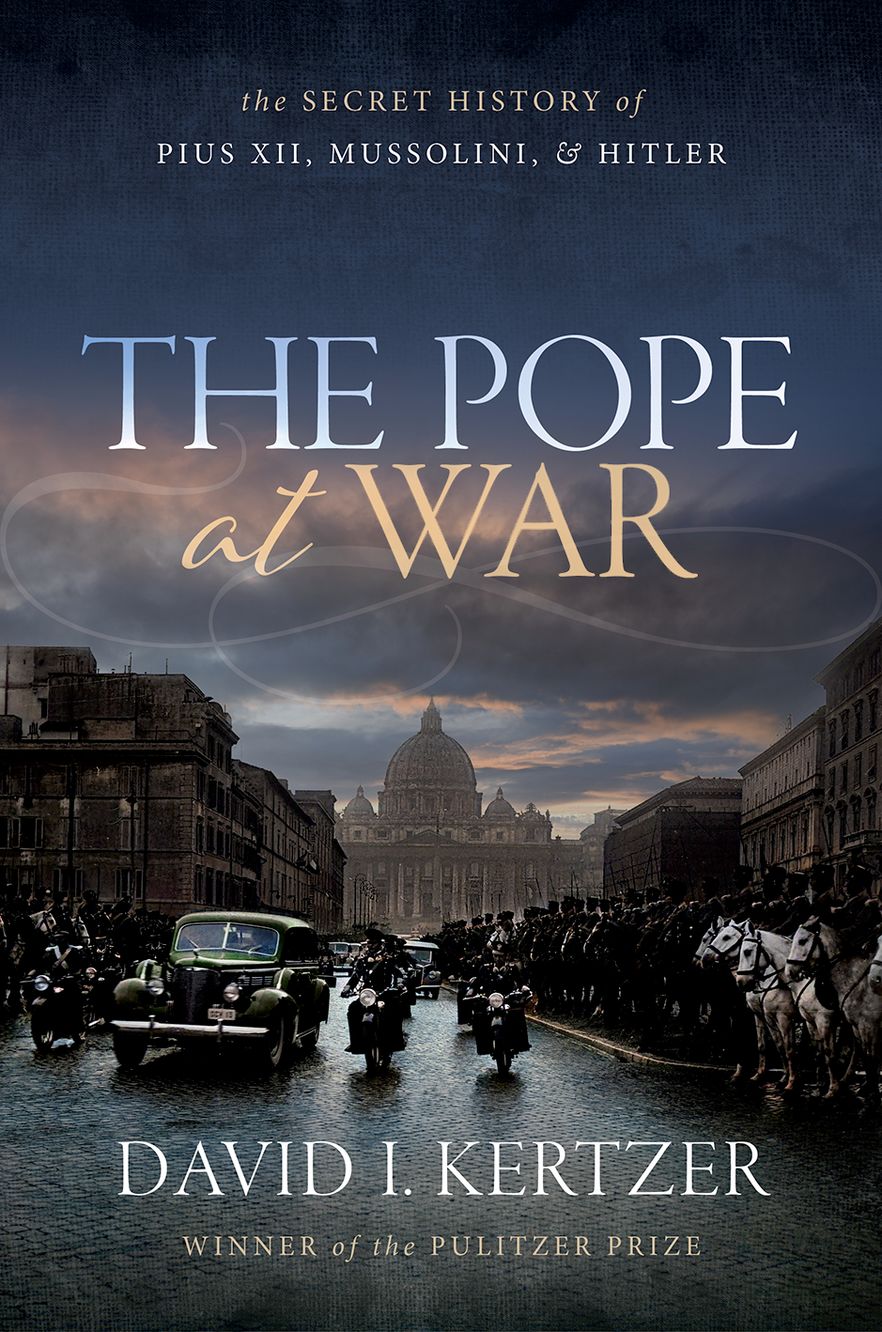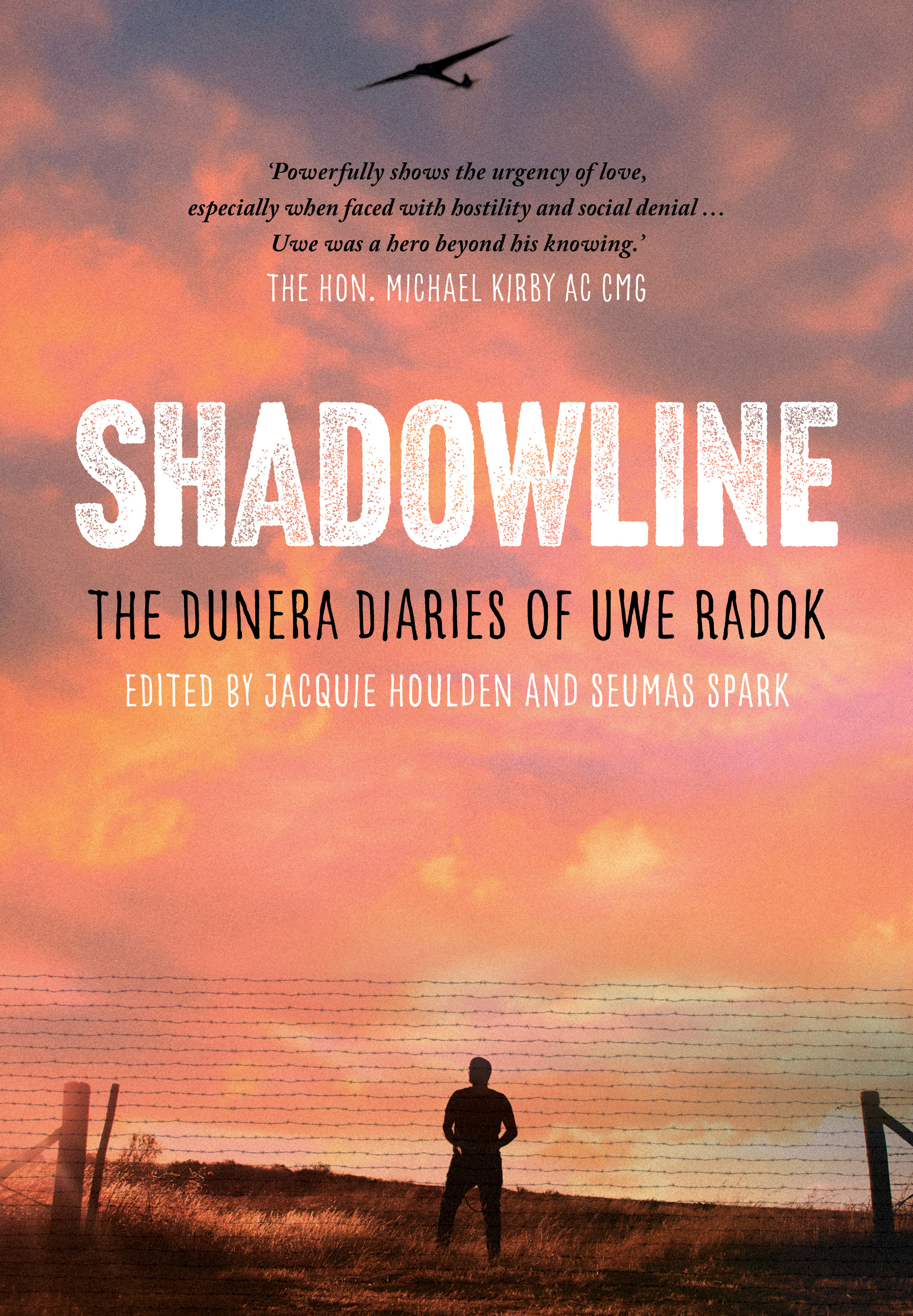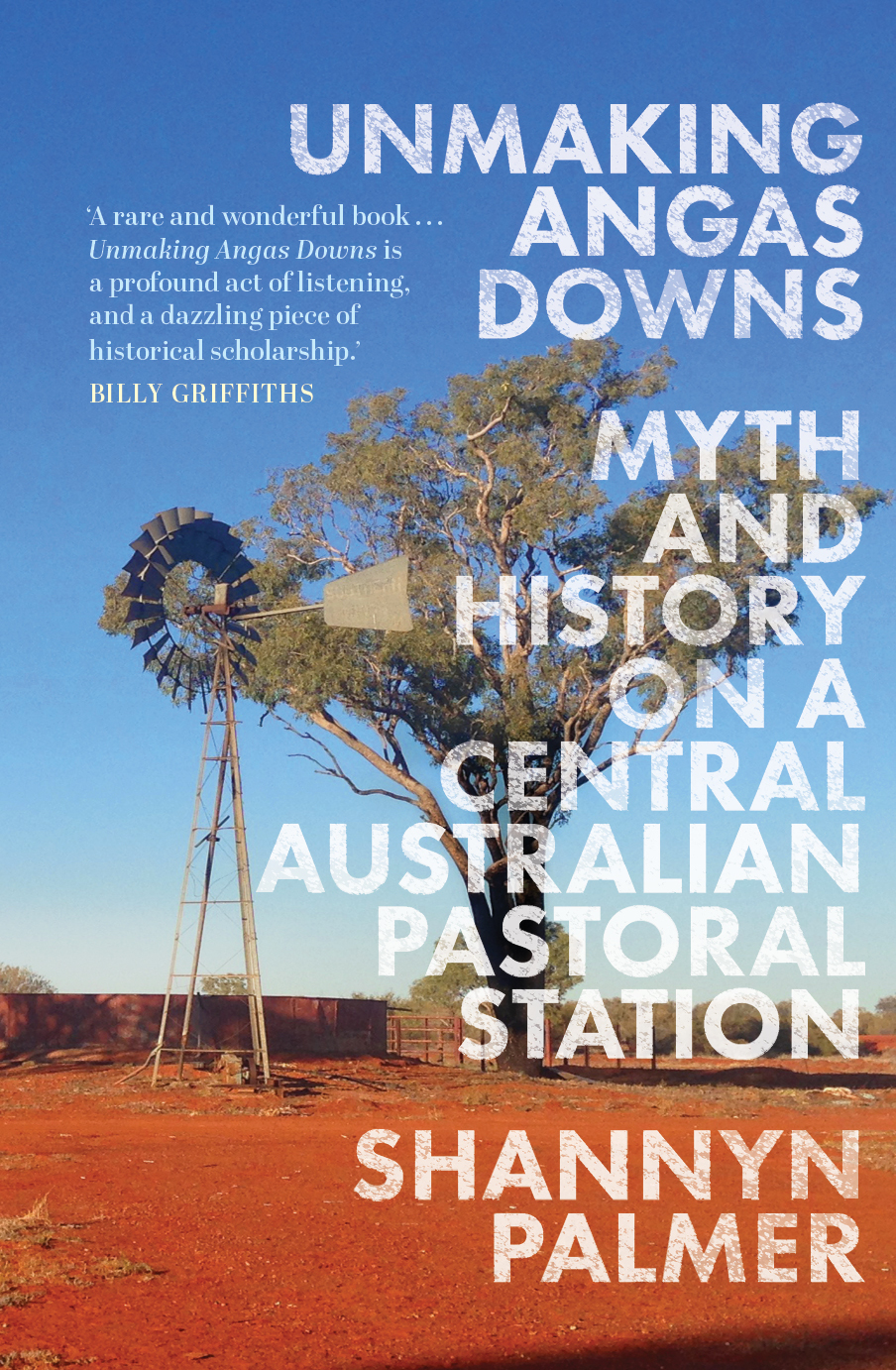History
Drink Against Drunkenness: The life and times of Sasha Soldatow by Inez Baranay
Sasha Soldatow was a writer, gay activist, member of the Sydney Push, party animal, and bon vivant with legions of friends. In Drink Against Drunkenness, Inez Baranay maps the life like an archaeologist’s dig, though we are looking into the recent past (Soldatow died in 2006, not yet sixty). A fall in the icy streets of Moscow, in which his hip was broken and subsequently badly reset, heralded a steep decline; his alcoholism grew apace, and many of his friends tired of him. It was a sad end, yet he had a life full of daring: avant-garde writing and living freely as a gay man in a still repressive age.
... (read more)Political Lives: Australian prime ministers and their biographers by Chris Wallace
We live in an age of leader- and media-centric politics. There is a name and a personality attached to every significant political initiative, and chief among them are prime ministers and premiers. Political junkies will be familiar with the torrent of ‘leader’ profiles generated by the press and well versed in identifying implicit bias. Yet we constitute a ready market for biographies of current (and perhaps rising) stars, and journalists are often first to seize the opportunity to write ‘the first draft of history’. How well do we understand the genre and its effects?
... (read more)Publishers rarely become big news in Australia, university presses even less often. It was notable therefore that the departure in early 2019 of Melbourne University Publishing’s CEO, Louise Adler, and some members of the MUP board, became a matter on which so many of the nation’s political and cultural élite felt they needed to have an opinion. A strong coterie came out in her defence. This had much to do with Adler herself, who had courted their attention, published their books, and made MUP a story in its own right.
... (read more)Come Back in September: A literary education on West Sixty-Seventh Street, Manhattan by Darryl Pinckney
first went to New York City in January 1975. It was wonderfully dilapidated. There was a blizzard of sorts, but I had the light jacket I had bought in Athens. If it was cold, I didn’t notice. The morning I arrived, there was a particularly gory pack murder on the subway. I read about it in the Times. So I avoided the subway and walked everywhere, through the sludge. We all knew what happened if you strayed into Central Park. Folks in Columbus, Ohio, where I had been staying with friends, had implored me not to visit New York. They couldn’t imagine why a nice young boy from somewhere called Melbourne – anarchically long hair and freakish wardrobe notwithstanding – wanted to visit that sinful city. (Still missing Nixon, they spoke of sin and sodomy.) I stayed in Midtown, in a grungy hotel soon to be demolished. The old black-and-white TV was on a constant loop, but I followed The Dick Cavett Show as best I could. The louvred door to my room cast terrifying shadows over my bed whenever anyone passed my room. Each night I dreamt that an ogre was on his way from Wall Street to stab me to death. In the morning I had breakfast for 99 cents – or, if I was hungry, $1.99. Then I didn’t eat for the rest of the day. I haunted the grand old bookshops that lined Fifth Avenue in those days. I visited the Metropolitan Museum for the warmth, but I didn’t know about the Frick. Velvet Underground wasn’t playing at the Metropolitan Opera, so I skipped that. During my stay in New York I didn’t speak to a soul, which suited me fine. It was the purpose of my visit.
... (read more)Myth America: Historians take on the biggest legends and lies about our past edited by Kevin M. Kruse and Julian E. Zelizer
All nations are sustained by myth-making, but some myths are more problematic than others. Australia has long taken heart from the myth of Anzac, the story that in their ‘baptism of fire’ at Gallipoli, in 1915, Australian men gave birth to the nation. Notably militarist in orientation, extolling the feats of men at war, extensive government investment has helped render our national creation myth sacrosanct. Thus, when Alan Tudge, a former Coalition minister for Education and Youth, contemplated suggested changes in the national history curriculum in 2021, he declared that the school curriculum must never present Anzac as a ‘contested idea’. Anzac Day was ‘the most sacred day in the Australian calendar’.
... (read more)The Humanitarians: Child war refugees and Australian humanitarianism in a transnational world, 1919–1975 by Joy Damousi
Professor Joy Damousi was the ARC Kathleen Fitzpatrick Laureate Fellow at the University of Melbourne between 2014 and 2019. The ARC Fellowship made possible the scale of the now published book, enabling research not only in Australia but also the United States, Britain, and Europe. The book evidences the potential of richly funded historical research.
... (read more)The Pope at War: The secret history of Pius XII, Mussolini, and Hitler by David I. Kertzer
Eugenio Pacelli, Pope Pius XII (1876–1958), bears the dubious distinction of being the twentieth century’s most discredited Catholic – and also the millennium’s most controversial pontiff. The case against Pius, prosecuted most famously by John Cornwell (‘Hitler’s Pope’), is that he aided and abetted, or at least did nothing to prevent, the Nazi regime’s unprecedented crimes against European Jews. A stiff, diffident Roman patrician, he was simply too steeped in cultural anti-Semitism to see the importance of speaking out against Nazi racial ideology or the genocide it encouraged.
... (read more)Shadowline: The Dunera diaries of Uwe Radok edited by Jacquie Houlden and Seumas Spark
Uwe Radok was born in 1916 in East Prussia to a family of Christian converts who identified as German Protestant. Nevertheless, after the Nazis came to power in Germany, the Radoks were classified as Jews – their five children Mischlinge, of mixed ancestry. In 1938, the family applied to emigrate to Australia. When their visas finally arrived in August 1939, it was too late.
... (read more)War: A genealogy of Western ideas and practices by Beatrice Heuser
Writing in the eighteenth century, Jean-Jacques Rousseau argued that the life of a king was made up of two objects: to extend his rule beyond the frontiers; and to make it more absolute within them. Reading those lines, I couldn’t help but think of Vladimir Putin, whose primary political goals seem to mirror those of absolutist monarchs. Rousseau was implying that war was an instrument wielded by capricious princes to serve their own interests. Not long after Rousseau, Antoine-Henri Jomini was the first military strategist to unpack the idea that war is the continuation of politics by other means. Many politicians and military strategists throughout the nineteenth and into the twentieth century agreed, whether democrats, fascists, or communists. General Ludendorff, Marshal Shaposhnikov, and Mao Zedong all came to the same conclusion: war and politics – one and the same thing.
... (read more)Unmaking Angas Downs: History and myth on a Central Australian pastoral station by Shannyn Palmer
In Unmaking Angas Downs, researcher and writer Shannyn Palmer seeks to understand why a derelict pastoral station in Central Australia, once a hub for First Nations people and a popular tourist destination en route to Watarrka Kings Canyon, was abandoned. Established by white pastoralist Bill Liddle in the late 1920s, Angas Downs is 300 kilometres south-west of Mparntwe Alice Springs at a place known as Walara to Anangu. Curious about the shifting fortunes of Angas Downs, Palmer travels to Walara to uncover the ‘histories that are obscured by the single, fixed idea of the pastoral station’.
... (read more)

